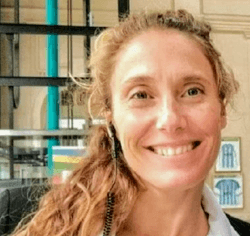
ABSTRACT
In this research we merge two feminine elements of our nature: women and the sea. Formerly there was a relationship of misfortune between the two of them, because of the bad luck the ship ran if there was a woman on board, reaching the point of throwing her into the sea and its fate. Today we want to demonstrate that the empowerment of women is already a fact and that we only lack due recognition. The United Nations and its specialized agencies work to consolidate gender equality and access to the same opportunities, but unfortunately it is still not enough. Recently, the World Health Organization has confirmed that death by drowning is the third cause of death due to unintentional trauma and that more than 350,000 people die every year in the world, most of them: women and children who cannot swim. We decided to continue with the momentum of the 2030 Agenda for Sustainable Development (Objectives 4 and 5), considering safe access to the aquatic environment, and specifically encouraging the learning of swimming as a fundamental right of every woman and child to save their lives in the literal sense of the term. We give life examples of empowered women who have learned to swim and we show causes and statistics of those who did not have the possibility. Finally, we recommend that governments implement concrete policies so that the fundamental right to learn to swim be included in the curricula as a compulsory subject and without delay.
